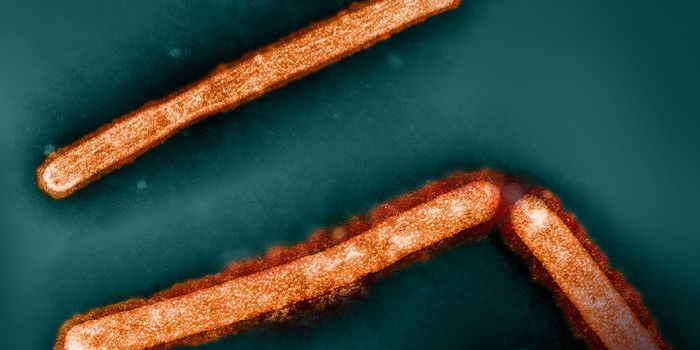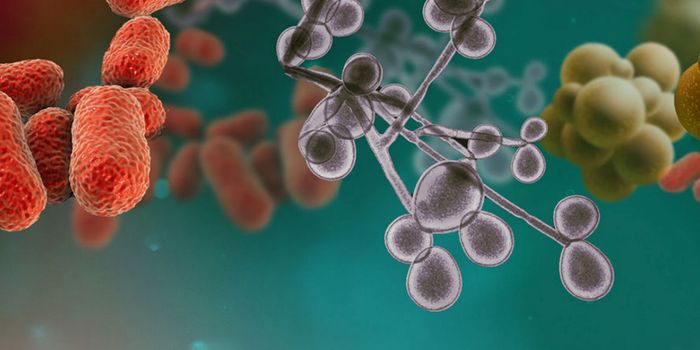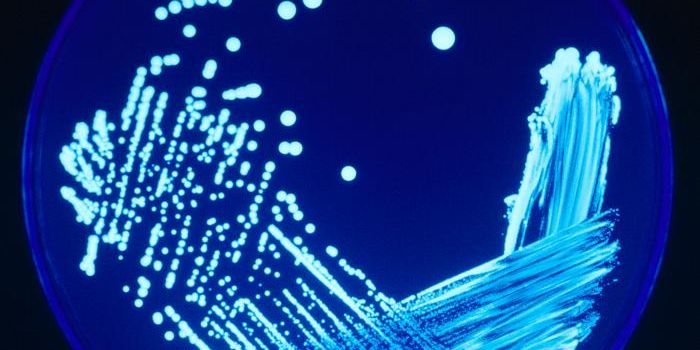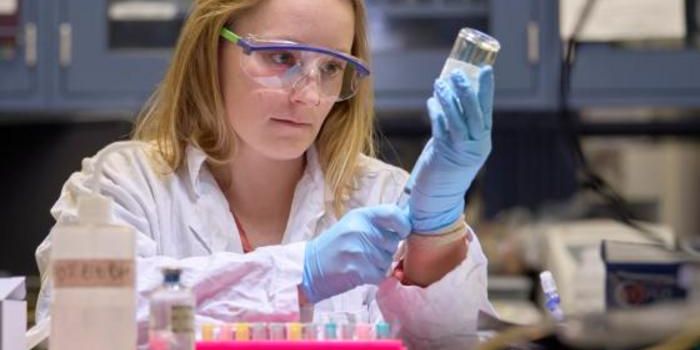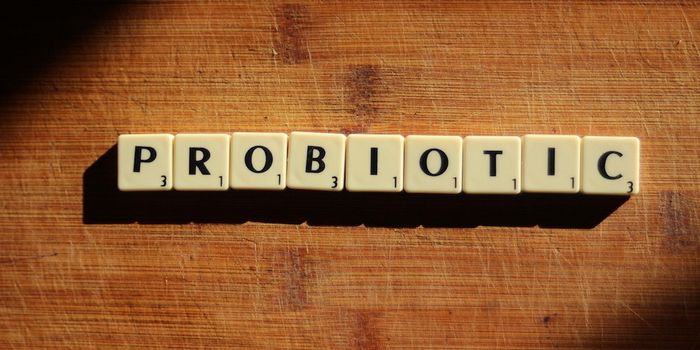A Bacterial Protein can Encourage Cancer Development
It’s been suggested that a fifth of all cancers are caused by microbial infections, and new work indicates that the estimate is probably low. Researchers at The Institute of Human Virology (IHV) at the University of Maryland School of Medicine (UMSOM) have found that a protein made by the bacterium mycoplasma, called DnaK, disrupts the ability of cells infected with mycoplasma to repair their DNA damage. Unrepaired genetic damage can lead to cancer. The findings, which have been reported in the Proceedings of the National Academy of Sciences (PNAS), suggest that bacterial infections may be responsible for even more cancers than was known.
"Currently, approximately 20 percent of cancers are thought to be caused by infection, most are known to be due to viruses," said Robert Gallo, MD, the Homer & Martha Gudelsky Distinguished Professor in Medicine and Co-Founder and Director of the IHV. “Mycoplasmas are a family of bacteria that are associated with cancers, especially in people with HIV. Our work provides an explanation for how a bacterial infection can trigger a series of events that lead to cancer. Of particular importance, the infection did not need to persist, and the protein did not need to be continuously present in all cancer cells. The study also provides a mechanism for how some bacterial infections can interfere with specific cancer drugs."
The researchers used an immunocompromised mouse model in this work; it enabled them to study the impact of mycoplasma infection on the development of a type of cancer. The rate of lymphoma development was observed in groups of immunocompromised mice that had been either infected with a strain of mycoplasma obtained from an HIV patient, or not. The infected mice got lymphoma at a younger age than the uninfected mice. Only some of the mouse cancer cells were found to carry bacterial DNA, suggesting that an infection doesn’t have to be persistent to cause cancer.
The scientists did find some bacterial proteins in cells infected by mycoplasma, which can disrupt a cell's natural anticancer proteins. "We focused on a protein called DnaK, which is part of a family of proteins that function as a 'chaperone' for other proteins protecting them from damage or helping them to fold," explained Davide Zella, Ph.D., an Assistant Professor of Biochemistry and Molecular Biology at the IHV. "However, in this case, DnaK reduces the activity of important cellular proteins involved in DNA repair and anticancer activities, such as p53. Thus, cells infected with mycoplasma would not be able to properly repair damaged DNA, thus, potentially increasing the risk for cancer development."
When bacteria infect cells, they can release DnaK, which can also enter nearby cells that are not infected, the researchers noted. Their work demonstrated that DnaK could also interfere with the efficacy of anticancer therapeutics through its effects on p53.
This study shows that microbial infections should be considered as a bigger contributor to cancer than we realized.
"We analyzed the amino acid sequences of DnaK from many bacteria and found that the DnaK proteins from bacteria associated with cancer grouped together were different DnaK sequences from bacteria that are not associated with cancer," noted Hervé Tettelin, Ph.D., an Associate Professor of Microbiology and Immunology, Institute for Genome Sciences at UMB. "This raises the possibility that other bacteria have the same cancer-promoting ability."
"This hit-and-run, or hide, mechanism mediated by a protein common to many cancer-associated bacteria changes how we need to think about infection and at least some cancers. Furthermore, this provides a basis for understanding how infection can influence the effectiveness of some cancer treatments,” added Gallo.
One common infection that causes cancer is hepatitis C; a viral infection that is also the leading cause of liver cancer in the United States. Learn more from the video. Another virus that we know causes cancer is HPV. The video below from Mayo Clinic discusses how easy it is to prevent cervical cancer caused by HPV infections.
Sources: AAAS/Eurekalert! Via UMSOM, PNAS



